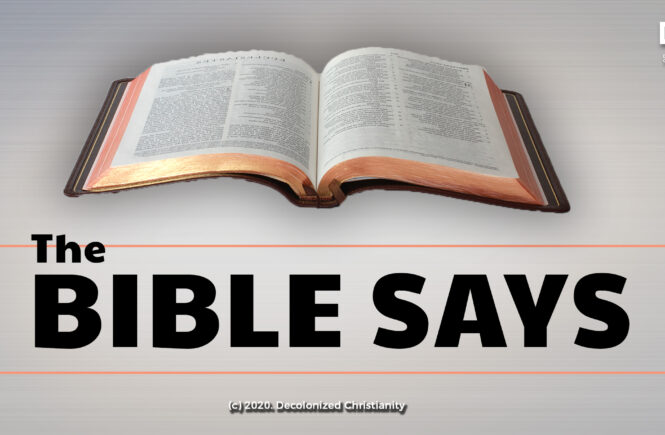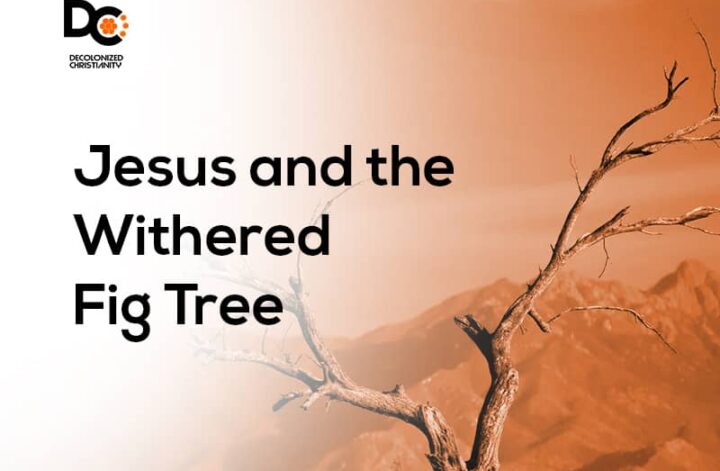What is Elohim?
In an older article linked here, I wrote about how “God” has taken on a definite meaning in Christianized spaces. I think a sufficient trace of older worldviews still survives in the modern rule that requires us to capitalize “G” in “God” when referring to the Christian God. Such a rule assumes the existence of other gods. Indeed, ancient Hebrews affirm the existence of other gods, the Hebrew God being the most high of them all. The Hebrew God is ontologically superior to the other gods.
The Old Testament uses the term elohim for “gods,” and the range of its application helps explain precisely what “god” meant to the people in the ancient Near East. “Elohim” is plural in form, but, according to Hebrew grammar, the context can ofestablisitshe exact refererm: if the verb is singular, “Elohim” often refers to the Most High; if plural, it typically refers to other gods. Carmen Imes writes:
“God”(elohim in Hebrew) and “Lord” (adonai in Hebrew) are not names. Elohim is a category of beings who inhabit the spiritual realm; angels are elohim, and so are the gods of other nations. Adonai is a title that means “master,” whether human or divine. Both words can describe Israel’s deity. However, the God of Israel also revealed his name, inviting the Israelites to address him personally as “Yahweh.” (6)








